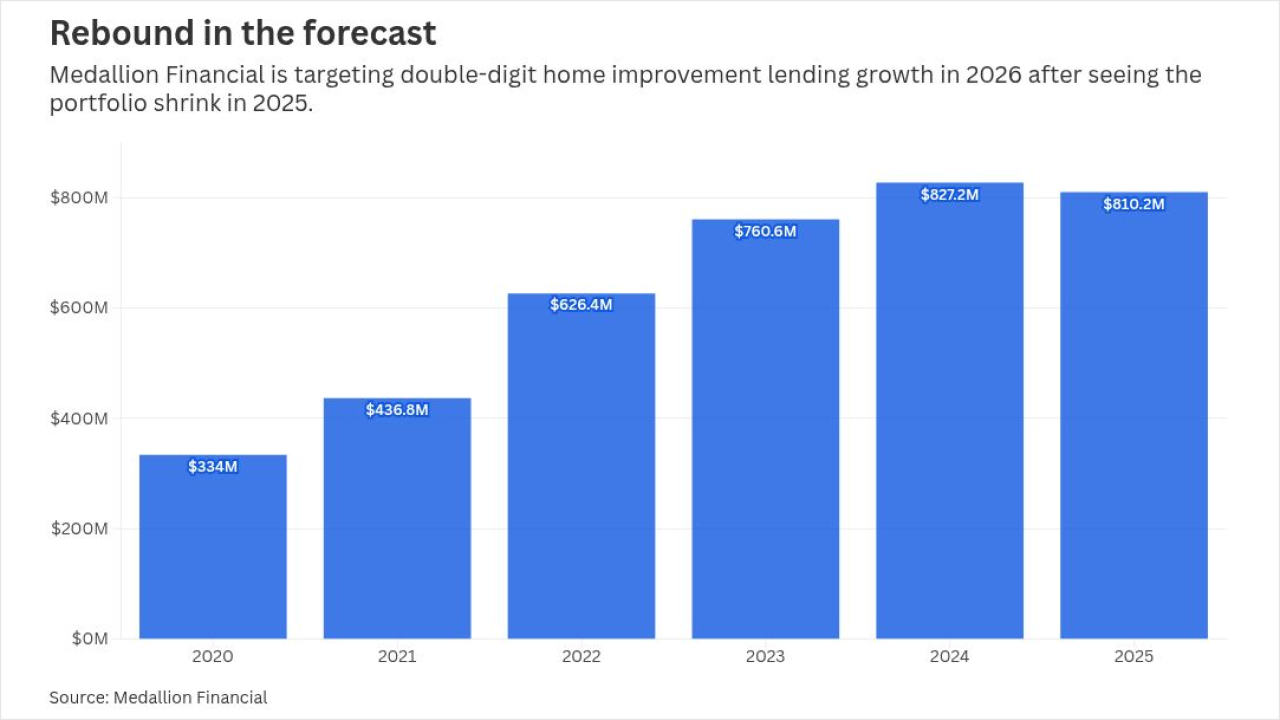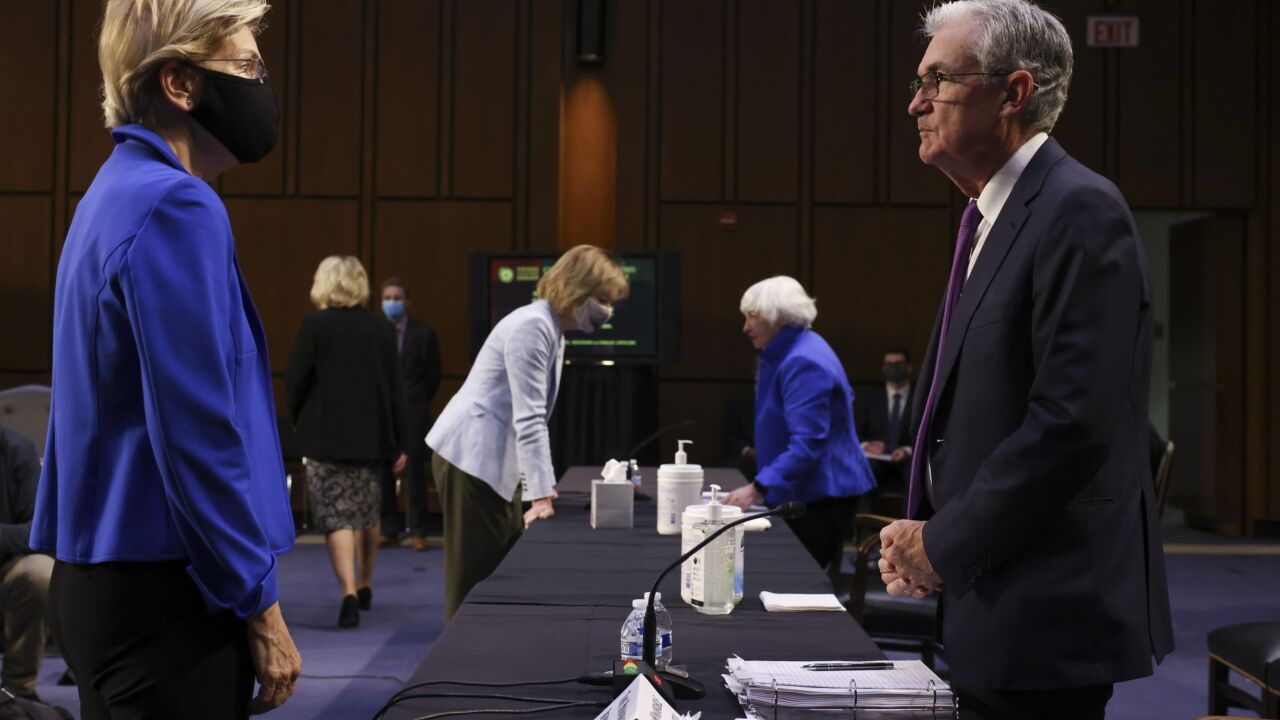The city of Philadelphia and Wells Fargo have agreed to resolve a 2017 lawsuit in which the city accused the bank of violating the Fair Housing Act by steering minority borrowers into risky, high-cost loans.
Under the resolution announced Monday, San Francisco-based Wells Fargo will contribute $10 million to city programs aimed at promoting homeownership for low- and moderate-income residents. The $1.9 trillion-asset Wells Fargo did not admit any liability as part of that resolution and in a press release continued to deny the allegations laid out in the lawsuit.
“This agreement brings substantial support to the very communities that most need this assistance,” Philadelphia Mayor Jim Kenney, a Democrat, said in a press release. “Philadelphia is committed to ensuring that no one faces additional hurdles toward home ownership because of their race or ethnicity.”

In
That lawsuit came just two weeks after
The majority of the money agreed to in the resolution, or $8.5 million, will go toward grants for down payment and closing cost assistance administered by the Philadelphia Housing Development Corp. Another $1 million will be divided among three nonprofits that run the city’s foreclosure prevention program. The remaining $500,000 will support the city’s land care program, which is intended to revitalize vacant land throughout the city.
The city and the bank will also collaborate on a new program for Wells Fargo Home Mortgage employees in the community. That program, Understanding Philadelphia, will examine the history of the city’s housing market, its neighborhoods and its current housing needs.
“We’re pleased that we’ve been able to resolve this matter in a way that will provide real, tangible sustainable homeownership opportunities for many low- and moderate-income residents of Philadelphia,” Joe Kirk, a Wells Fargo regional president, said in the announcement.
A similar lawsuit brought by the city of Miami Gardens was dismissed earlier this year, and the bank is waiting to see whether Miami Gardens will appeal that ruling, a spokesman told American Banker.
He said several other cases are still outstanding against Wells Fargo, including litigation brought by the cities of Oakland, Calif., Sacramento, Calif., Cook County, Ill., and joint litigation filed by Prince George’s and Montgomery counties in Maryland.





